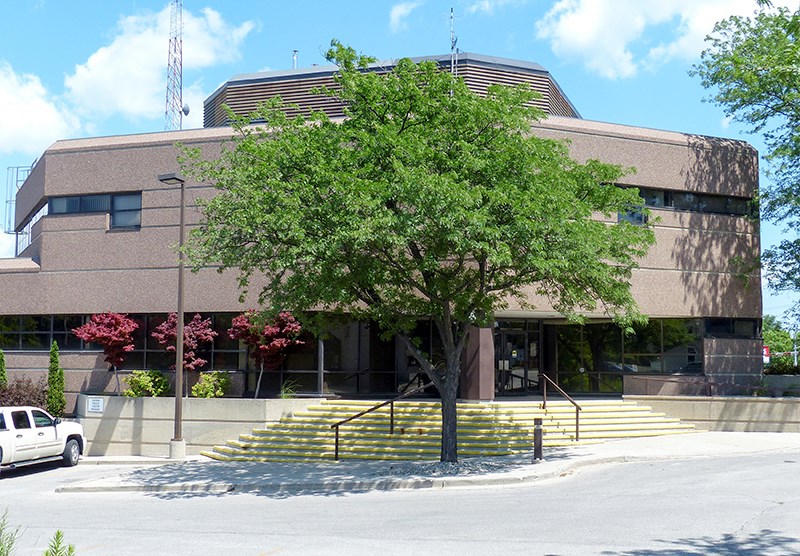Troy Shantz
Sarnia Police are looking into having a psychiatric health nurse team up with a uniformed officer while on patrol.
The service is studying a program used by police in Chatham-Kent in which a specially trained officer is teamed with psychiatric nurses employed by the hospital there.
Arriving at the scene of a mental health-related call, the officer and nurse can determine whether the person should be arrested, taken to hospital, or might be a candidate for a follow-up visit and treatment plan.
“It brings a greater knowledge base to the call,” said Sarnia Police Inspector Jeff Hodgson, who is heading the local study.
Having such a response team might lead to fewer arrests, and officers spending more time on the street and less time at the hospital, police say.
In Waterloo Region, which has adopted a similar program, 75% of police calls attended by an officer and civilian mental health official did not result in a hospital visit, the CBC reported this summer.
And Hamilton Police say the number of mental health apprehensions has decreased from 71% to 27% since mental health workers joined patrols in April for a 15-month pilot.
The local program would build on an agreement Sarnia Police already have to access professionals from the Canadian Mental Health Association.
But officers are spending up to six hours a shift supervising individuals at the hospital, Hodgson said.
“There are days when we’re up there two or three times a day. It’s not a sustainable model and that’s why we’re looking at an alternative.”
Police Chief Norm Hansen said the growing number of psychiatric and addiction-related calls is changing the nature of policing.
“Mental health calls have quadrupled since I was on the road,” said the 33-year veteran.
“I feel terribly for the people in a mental health crisis. They don’t belong in our cells, for sure, and they don’t belong sitting (in the emergency room) with two officers either.”
Ontario said in July a portion of $1.9 billion pledged for mental health supports will go train police and other first responders.
It’s hopes some of that funding can be used to begin a program in Sarnia, Hodgson said.
“We are late to the party on this, to be quite frank. Every medium to large size city in the province has some similar model.”
Michelle Parks, a Catholic school trustee and city council candidate, is gathering signatures on a letter for Sarnia Police asking its board to look into having mental health workers attend calls.
The change.org petition had been signed by 245 people at press time.
“There’s got to be something that we can do,” she said.
